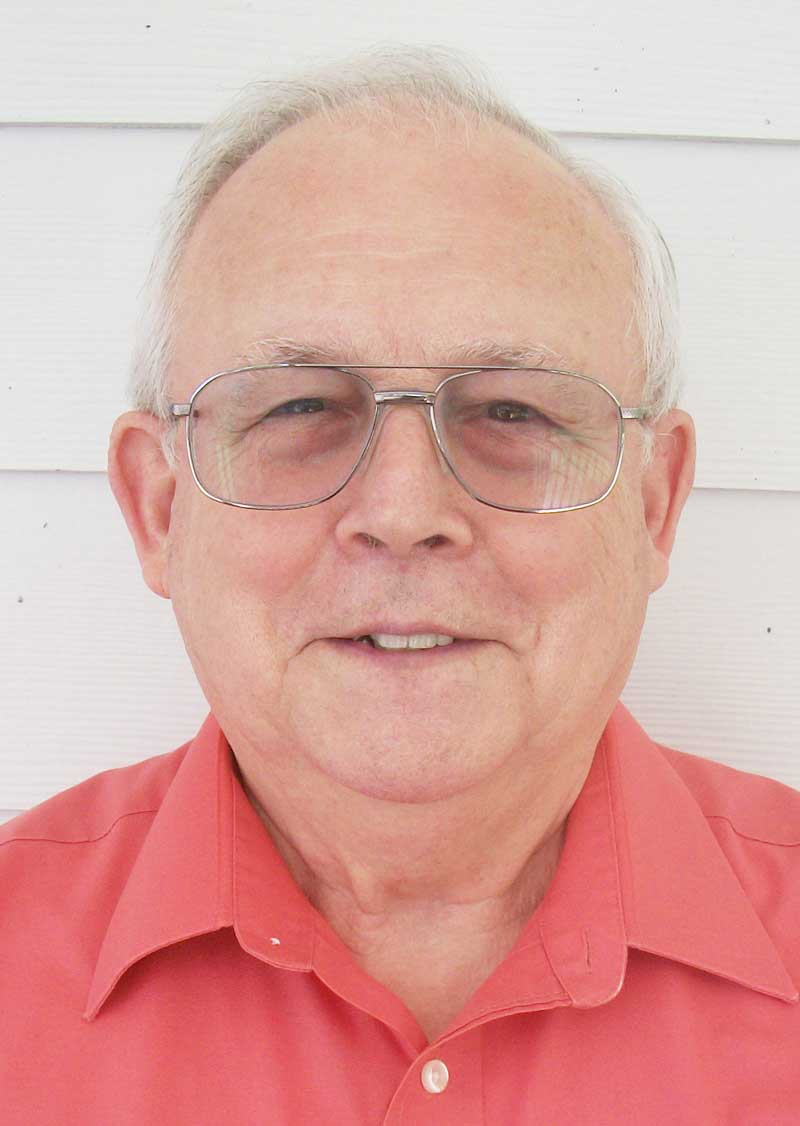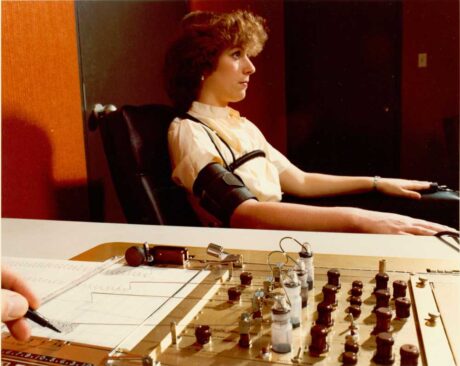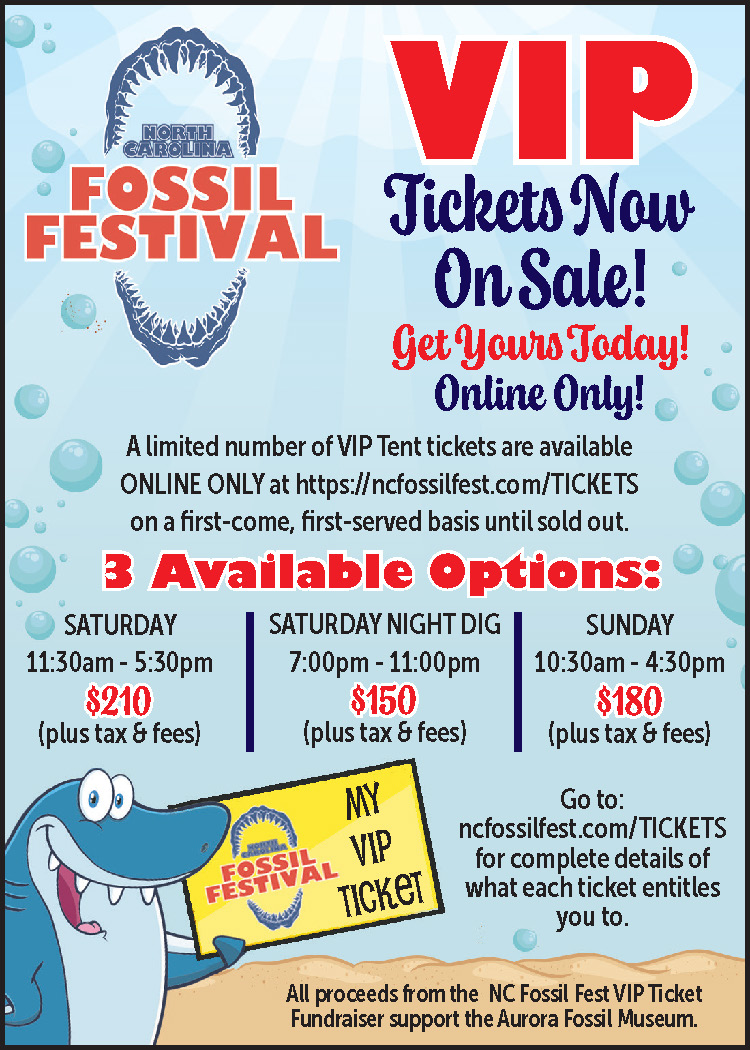Editor’s Note: Mr Allison has had a lot of very interesting experiences. Here is another for your consideration.
In the early 1970s, I was hired by Motorola Semiconductor in Arizona as an applications engineer, attached to the Sales Department. When customers called in, the applications engineers recommended Motorola products for whatever special application the customer had. We were organized by typical applications such as TV tuners, audio amplifiers, vehicle speed controls, musical instruments, power supplies, test instrumentation, process controllers, and computers. As you may guess, there were also odd requests for things like garage door openers, video games, door chimes, etc. These requests did not fit the specific engineering divisions of the Application Engineering Group, and I was hired to take these time-consuming requests and do something with them. It was great! Every day was a new challenge.
In 1975 there were over 20,000 Motorola employees in Phoenix, Mesa, and Tempe. The rumor mill was rife with discussions of potential massive layoffs. Patty and I were scheduled to participate in a Treasure Hunt in the desert with my boss, along with almost 250 other couples. Our team had placed seventh the year before. This was a big event where three couples rented a big automobile, loaded it with reference books, snake bite kits, and shovels, and drove through the desert searching for clues. You ended up at the Pinnacle Peak Patio in Scottsdale for dinner at 11 PM. A couple weeks before the Treasure Hunt, my boss came to me and said I might want to back out of such an expensive evening of fun, hinting that I may not want to spend so much money for that evening, but save it for other expenses. I had just completed the design work on the project I was working on, so that fall I was one of some 5,000 personnel laid off by Motorola Semiconductor in the Phoenix area.
With the nudging of God, I did something I didn’t normally do – turned on early Saturday morning TV and watched a Job Line program on PBS. The Arizona Highway Patrol was looking for technical employees and one job opening was right up my alley. I was hired, subject to a background check and passing a Polygraph (lie detector) test.
The original purpose of polygraph use was to help diagnose heart disease. As seen on TV, often the operator will ask questions and the investigatee will answer with more than “yes or no“. If you see this, the TV show didn’t have a consultant to keep the video accurate. Here is what to really expect.
I showed up at the testing site and met the lie detector investigator. The office where my test took place had seafoam green walls, comfortable chairs, and normal office furniture. The investigator went through a list of questions to be asked, and I had the opportunity to ask what the questions meant.
Sensors are placed on your fingers to measure your body’s resistance. Lying causes your fingers to sweat, which changes your resistance. A pneumatic tube is placed around your chest to detect your breathing pattern. A pulse oximeter measures your heart rate and oxygen levels. A blood pressure cuff tests how well your heart pumps your blood. A thermometer measures your body temperature.
During the preparation, you will be given a question for which your answer should be “Yes”, but you will be instructed to answer “No” , and another question to which your answer should be “No”, but you will be instructed to respond “Yes.” These two intentional incorrect answers will calibrate the lie detector to your physical responses. The test questions usually begin with “Is your name such and such?” and “Do you live at such and such address?
For my test, I was seated in a chair with arm rests, facing away from the investigator. He had the instrument in front of him and marked on the chart when he asked a question. Then he waited for a verbal response from me before asking the next question. Any questions for which the job seeker hesitates before answering could mean a blown test, or possibly the result of showing deception. Remember, passing the test means you get the job, failing means no job. That is a lot of pressure. For me there was no suspense. Before I left the room, I was told I passed.
There is lots of controversy about the use of lie detectors. People who try to rig the test results will often show deception. Back in the day, lots of companies routinely used the tests to qualify employees. Thank goodness, those days are behind us.

Gordon is a frequent contributor to The County Compass
















































